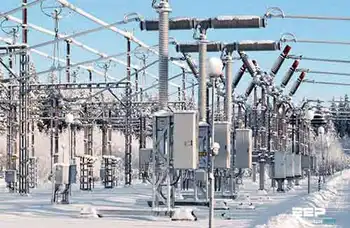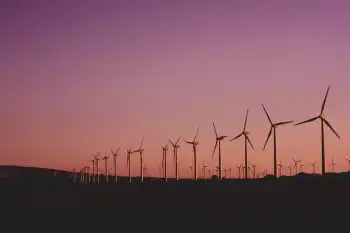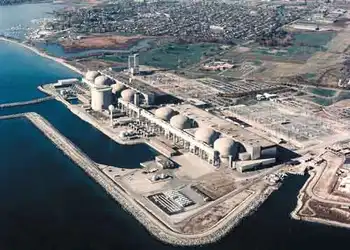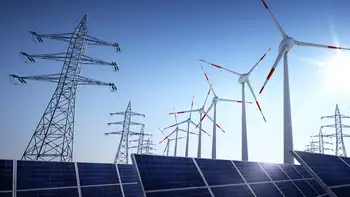AECL signs parts, services deal with Japan
The sale includes pump seals critical to power plant operation, spare parts, and training and consulting services in support of product installation.
The deal has already proven successful with the first pump seal installation completed in early November and a successful plant start-up on November 28. The Japanese power plant achieved full power on December 3.
"This is the outcome of excellent teamwork between Canada and Japan, and this sale, and the subsequent successful installation, is extremely important to AECL's global services business," says Scott Malcolm, Acting General Manager, CANDU Services. "This shows our ability to service global power markets in addition to our CANDU nuclear power plant customers."
The cooperative research and development (R&D) effort between AECL's Chalk River Laboratories Fluid Seal Technology (FST) branch and TEPCO began in May 2004. By January 2006, a program was in place to validate, test and qualify AECL's pump seals for Japanese Boiling Water Reactors (BWRs).
"TEPCO put AECL's pump seals through rigorous performance testing and they passed with flying colours," Malcolm adds. "And with 32 BWRs in Japan, of which 15 are operated by TEPCO, there is significant growth potential for future sales."
The dependability of a pump seal is directly linked to reduced maintenance costs and increased plant reliability. Without a properly functioning pump seal, a power plant will shut down. AECL pump seals are currently used in all CANDU nuclear power plants as well as in BWRs in the United States, Switzerland and Mexico.
Related News

Federal net-zero electricity regulations will permit some natural gas power generation
OTTAWA - After facing pushback from Alberta and Saskatchewan, Canada's draft net-zero electricity regulations — released today — will permit some natural gas power generation.
Environment Minister Steven Guilbeault released Ottawa's proposed Clean Electricity Regulations on Thursday.
Provinces and territories will have a minimum 75-day window to comment on the draft regulations. The final rules are intended to pave the way to a net-zero power grid in Canada by 2035.
Calling the regulations "technology neutral," Guilbeault said the federal government believes there's enough flexibility to accommodate the different energy needs of Canada's diverse provinces and territories.
"What we're talking about…




